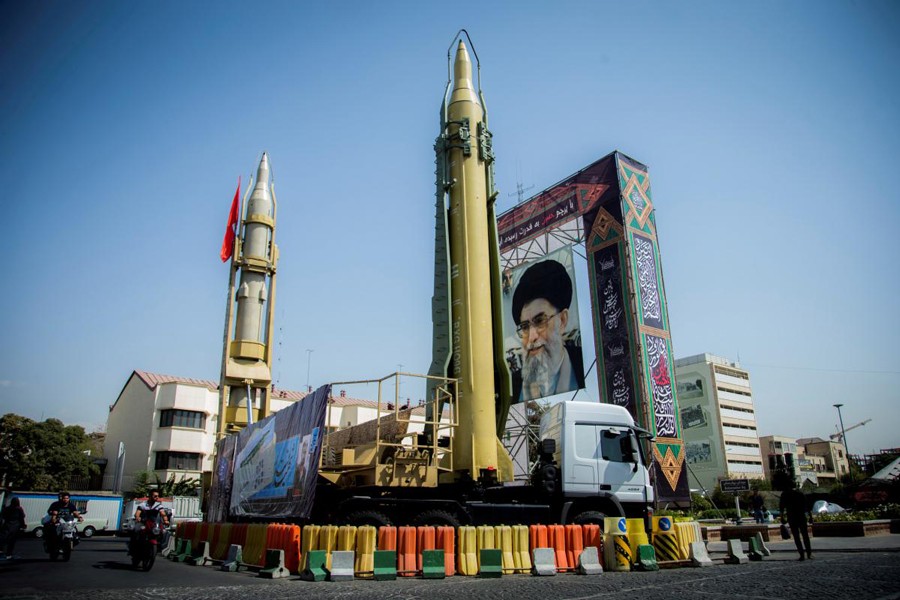Iran has given ballistic missiles to Shi'ite proxies in Iraq and is developing the capacity to build more there to deter attacks on its interests in the Middle East and to give it the means to hit regional foes, Iranian, Iraqi and Western sources said, reports Reuters.
Any sign that Iran is preparing a more aggressive missile policy in Iraq will exacerbate tensions between Tehran and Washington, already heightened by US President Donald Trump's decision to pull out of a 2015 nuclear deal with world powers.
It would also embarrass France, Germany and the United Kingdom, the three European signatories to the nuclear deal, as they have been trying to salvage the agreement despite new US sanctions against Tehran.
According to three Iranian officials, two Iraqi intelligence sources and two Western intelligence sources, Iran has transferred short-range ballistic missiles to allies in Iraq over the last few months. Five of the officials said it was helping those groups to start making their own.
"The logic was to have a backup plan if Iran was attacked," one senior Iranian official told Reuters. "The number of missiles is not high, just a couple of dozen, but it can be increased if necessary."
Iran has previously said its ballistic missile activities are purely defensive in nature. Iranian officials declined to comment when asked about the latest moves.
Meanwhile, Iran's foreign ministry on Friday dismissed a French call for more negotiations with Tehran over the international nuclear accord and said some of France's partners are "bullying and excessive," a seeming reference to the United States.
There was no need for the 2015 agreement between Iran and six world powers to be renegotiated, foreign ministry spokesman Bahram Qassemi said, according to the Islamic Republic News Agency (IRNA).
"In the conditions when all of Iran's efforts with other world powers is nullified through the bullying and excessive demands of some of the partners of the French foreign minister and their own inability ... there is no reason, need, reliability or trust for negotiations on issues that are non-negotiable," Qassemi said.


